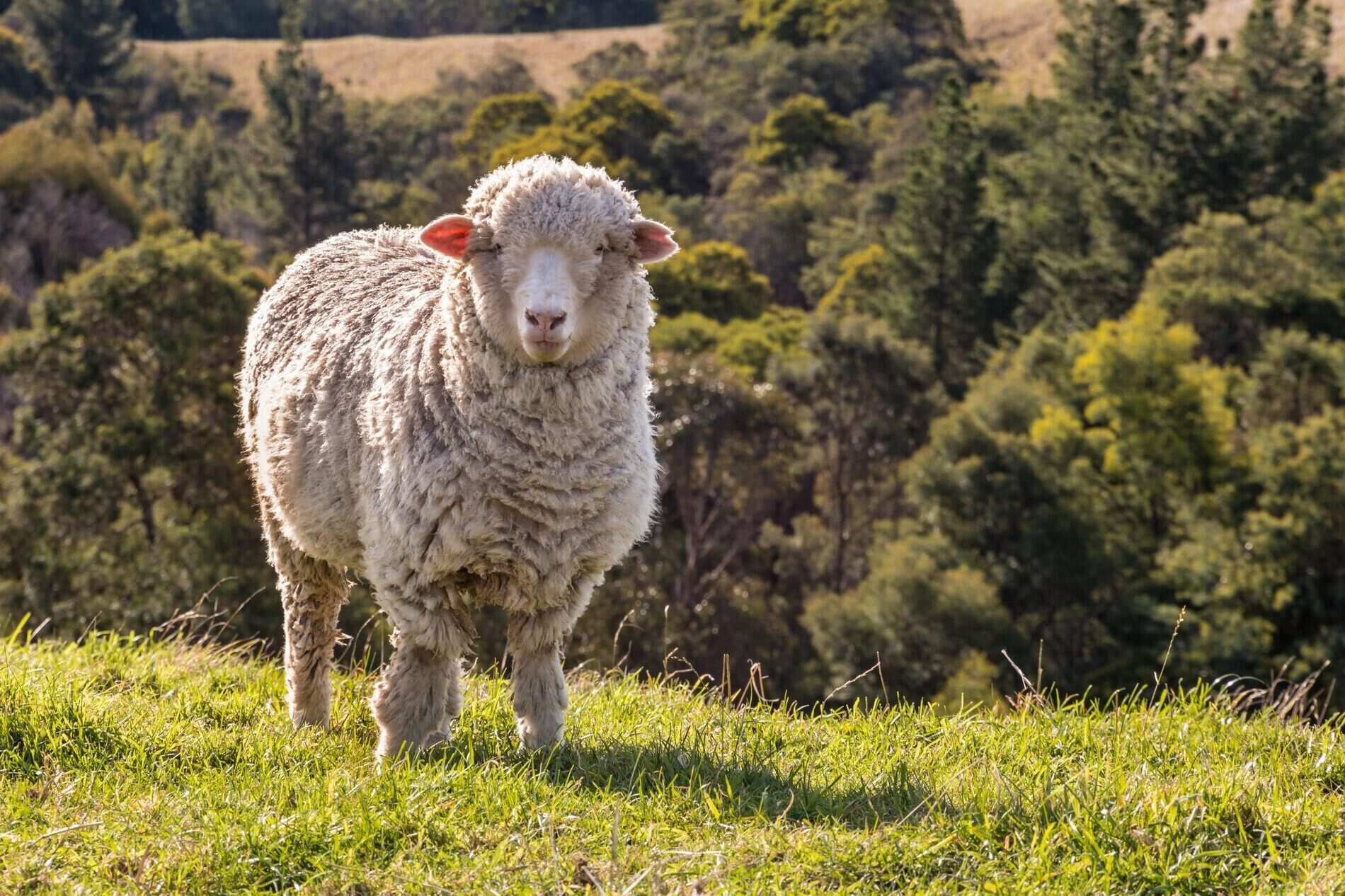
Merino sheep are famous for their incredibly soft and fine wool, but there's much more to these woolly wonders. Originating from Spain, these sheep have a rich history that spans centuries. Did you know that Merino wool is not only soft but also highly breathable and moisture-wicking? This makes it perfect for both summer and winter clothing. Merino sheep are also known for their adaptability, thriving in various climates from the hot Australian outback to the chilly New Zealand highlands. Curious about their unique characteristics? Merino sheep have a natural resistance to parasites and diseases, making them easier to care for compared to other breeds. Their wool is also naturally flame-resistant and odor-resistant, adding to its list of impressive qualities. Ready to learn more? Let's dive into 28 fascinating facts about Merino sheep!
Origins and History of Merino Sheep
Merino sheep have a rich history that dates back centuries. These woolly creatures are known for their fine wool and adaptability to various climates.
- Merino sheep originated in Spain during the 12th century.
- The name "Merino" is derived from the Spanish word "merino," meaning a type of sheep.
- Spanish royalty tightly controlled Merino sheep, forbidding their export until the 18th century.
- Merino sheep were first introduced to Australia in 1797, where they thrived and became a cornerstone of the wool industry.
Physical Characteristics
Merino sheep are not just known for their wool but also for their unique physical traits.
- Merino sheep have wrinkled skin, which increases the surface area for wool growth.
- They possess a strong, muscular build, making them resilient in various environments.
- Their wool is incredibly fine, often measuring between 17-23 microns in diameter.
- Merino sheep are typically white, although some breeds can have darker wool.
Wool Quality and Uses
The wool of Merino sheep is highly prized for its quality and versatility. It is used in a wide range of products, from clothing to industrial materials.
- Merino wool is renowned for its softness, making it ideal for high-end fashion.
- It has natural elasticity, allowing garments to retain their shape over time.
- Merino wool is highly breathable, regulating body temperature in both hot and cold conditions.
- The wool is also moisture-wicking, drawing sweat away from the skin to keep you dry.
- Merino wool is naturally odor-resistant, thanks to its ability to absorb moisture and reduce bacterial growth.
- It is biodegradable, breaking down naturally in soil over time.
- Merino wool is fire-resistant, providing an added layer of safety in clothing and home textiles.
Breeding and Genetics
Selective breeding has played a significant role in enhancing the qualities of Merino sheep.
- Merino sheep are often crossbred with other breeds to improve wool quality and yield.
- Genetic advancements have led to the development of Merino strains with fewer skin wrinkles, reducing the risk of flystrike.
- Breeding programs focus on traits like wool fineness, fleece weight, and overall health.
- Merino sheep have a high reproductive rate, with ewes often giving birth to twins.
Environmental Adaptability
Merino sheep are incredibly adaptable, thriving in various climates and terrains.
- They can withstand extreme temperatures, from scorching deserts to freezing mountains.
- Merino sheep are excellent foragers, able to find food in sparse environments.
- Their wool acts as a natural insulator, protecting them from harsh weather conditions.
- Merino sheep have a strong immune system, making them resistant to many diseases.
Economic Impact
Merino sheep have a significant impact on the global economy, particularly in the wool industry.
- Australia is the largest producer of Merino wool, contributing to over 80% of the world's supply.
- The wool industry provides employment for millions of people worldwide, from farmers to textile workers.
- Merino wool is a key export product for countries like New Zealand, South Africa, and Argentina.
- The demand for sustainable and ethical fashion has increased the popularity of Merino wool products.
- Merino sheep farming practices often focus on sustainability, promoting soil health and biodiversity.
The Wonders of Merino Sheep
Merino sheep are truly fascinating creatures. Their wool is not just soft but also incredibly versatile, making it a favorite for clothing and textiles. These sheep are hardy, thriving in various climates, from the hot plains of Australia to the cold mountains of New Zealand. Their ability to produce high-quality wool year-round is unmatched.
Merino wool is also eco-friendly. It’s biodegradable, renewable, and requires less energy to produce compared to synthetic fibers. This makes it a sustainable choice for those looking to reduce their environmental footprint.
Beyond their wool, Merino sheep have a rich history and have played a significant role in the economies of many countries. Their adaptability and resilience make them a valuable asset in the agricultural world.
So next time you slip on a Merino wool sweater, remember the incredible journey of the sheep that made it possible.
Was this page helpful?
Our commitment to delivering trustworthy and engaging content is at the heart of what we do. Each fact on our site is contributed by real users like you, bringing a wealth of diverse insights and information. To ensure the highest standards of accuracy and reliability, our dedicated editors meticulously review each submission. This process guarantees that the facts we share are not only fascinating but also credible. Trust in our commitment to quality and authenticity as you explore and learn with us.
